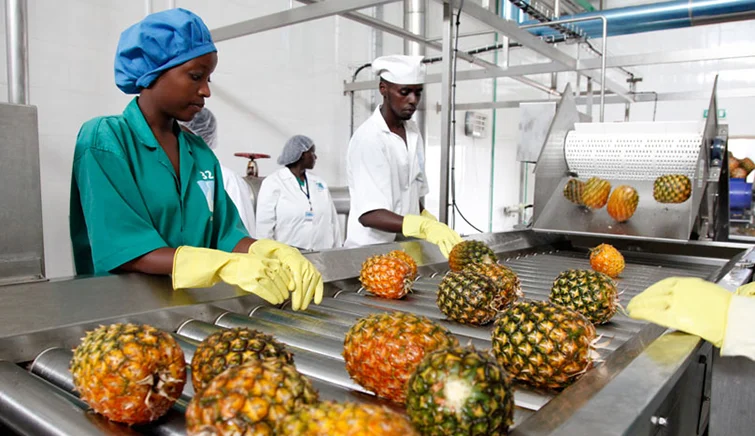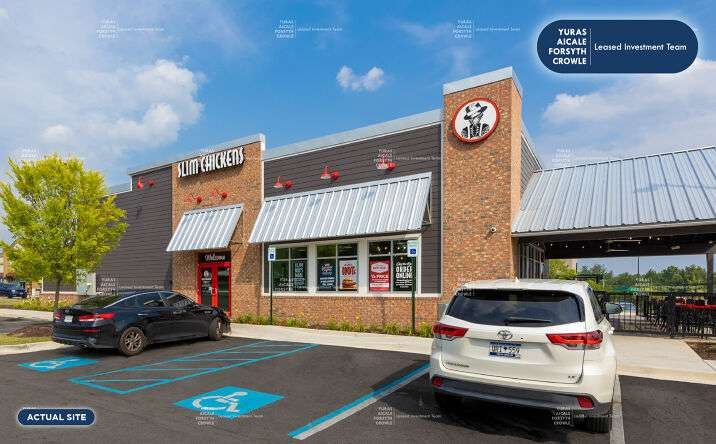The food and beverage industry in Africa is a vital sector that plays a central role in the continent’s economy, culture, and social fabric. This report provides an in-depth examination of the key trends, challenges, and opportunities shaping the industry across Africa.
Nourishing Africa: A Comprehensive Analysis of the Food and Beverage Industry
1. Market Overview:
- Africa’s food and beverage industry encompasses a diverse array of sectors, including agriculture, food processing, retail, and hospitality.
- The continent’s rich and varied culinary heritage is reflected in its vibrant food culture, with traditional dishes and ingredients deeply rooted in local traditions.
2. Growth Drivers:
- Rising population, urbanization, and disposable incomes are driving increased demand for food and beverage products across Africa.
- Changing consumer preferences, influenced by globalization and digitalization, are leading to a growing appetite for convenience foods, packaged goods, and international cuisines.
3. Regional Variations:
- Africa is a continent of diverse landscapes, cultures, and cuisines, and the food and beverage industry varies significantly from region to region.
- North Africa is known for its couscous, tagines, and Middle Eastern influences, while West Africa boasts flavorful dishes like jollof rice, fufu, and grilled meats.
- East Africa is renowned for its spicy curries, injera flatbread, and fresh seafood, while Southern Africa offers hearty dishes like braai (barbecue) and pap (maize porridge).
4. Key Players:
- The food and beverage industry in Africa is characterized by a mix of multinational corporations, local players, and small-scale producers.
- Multinational companies such as Nestlé, Unilever, and Coca-Cola have a significant presence in Africa, alongside regional champions like Tiger Brands, Dangote Group, and Promasidor.
5. Challenges:
- Despite its potential, Africa’s food and beverage industry faces several challenges, including food insecurity, supply chain inefficiencies, and infrastructure constraints.
- Climate change, environmental degradation, and water scarcity pose additional challenges to agriculture and food production in many parts of the continent.
6. Opportunities:
- Despite challenges, Africa presents immense opportunities for growth and investment in the food and beverage industry.
- Rising consumer demand, expanding urban markets, and a growing middle class are driving increased investment and innovation in food processing, distribution, and retail.
7. Future Outlook:
- The future of the food and beverage industry in Africa is promising, driven by factors such as demographic trends, urbanization, and technological innovation.
- Collaboration between governments, private sector stakeholders, and civil society will be essential to address challenges and unlock the full potential of Africa’s food and beverage sector.
Conclusion: The food and beverage industry plays a crucial role in Africa’s economic development, cultural heritage, and social well-being. By understanding key trends, challenges, and opportunities, stakeholders can navigate the complexities of the market and contribute to sustainable growth and prosperity across the continent.
Related: Food and Beverage Industry Sales Value Across US States



